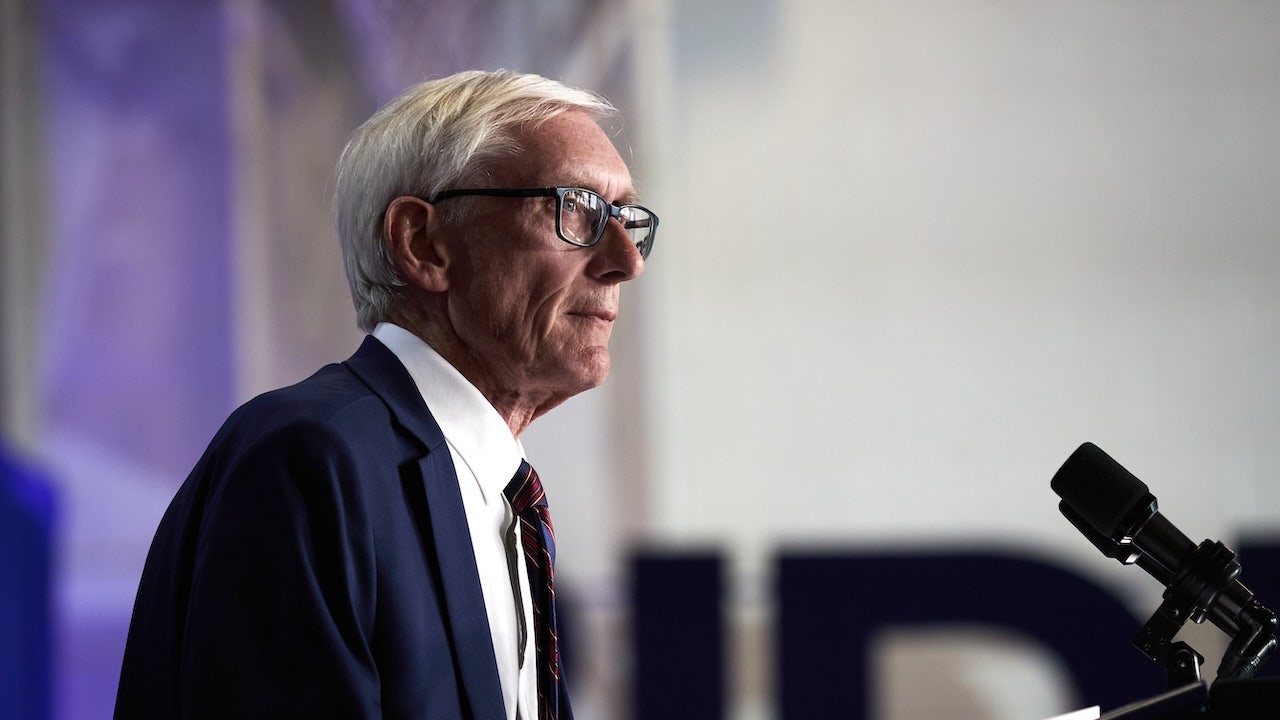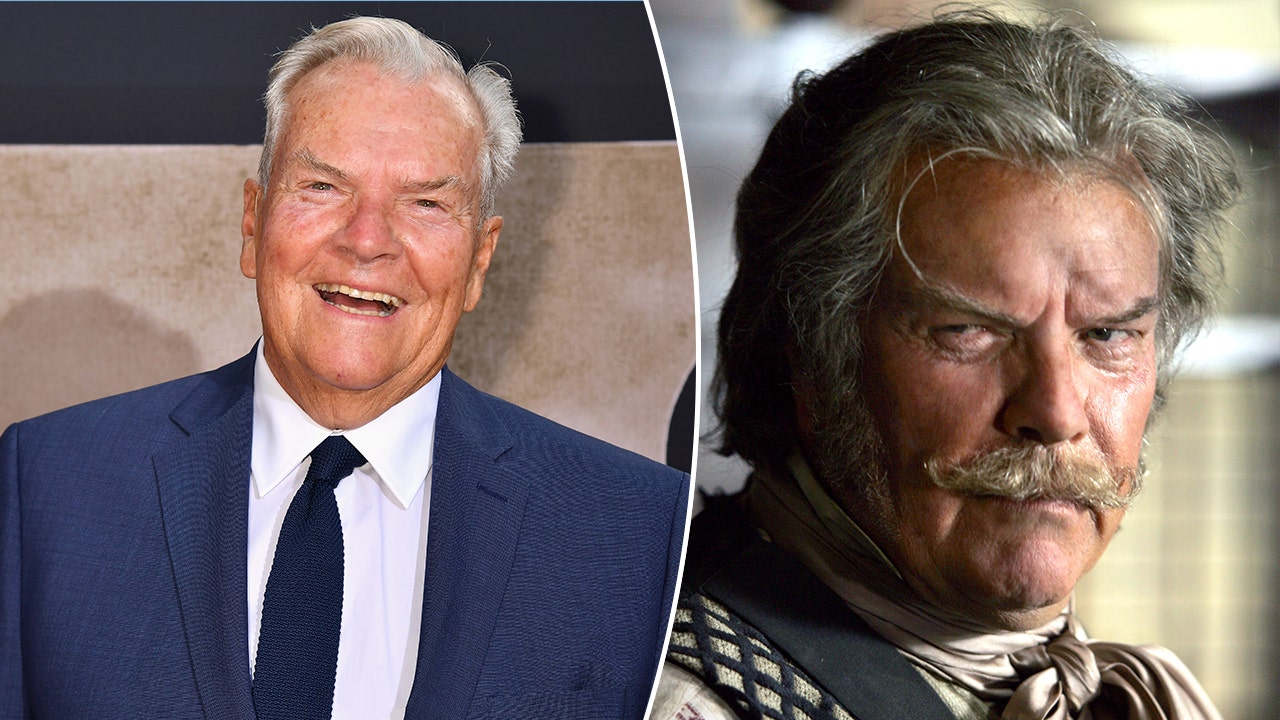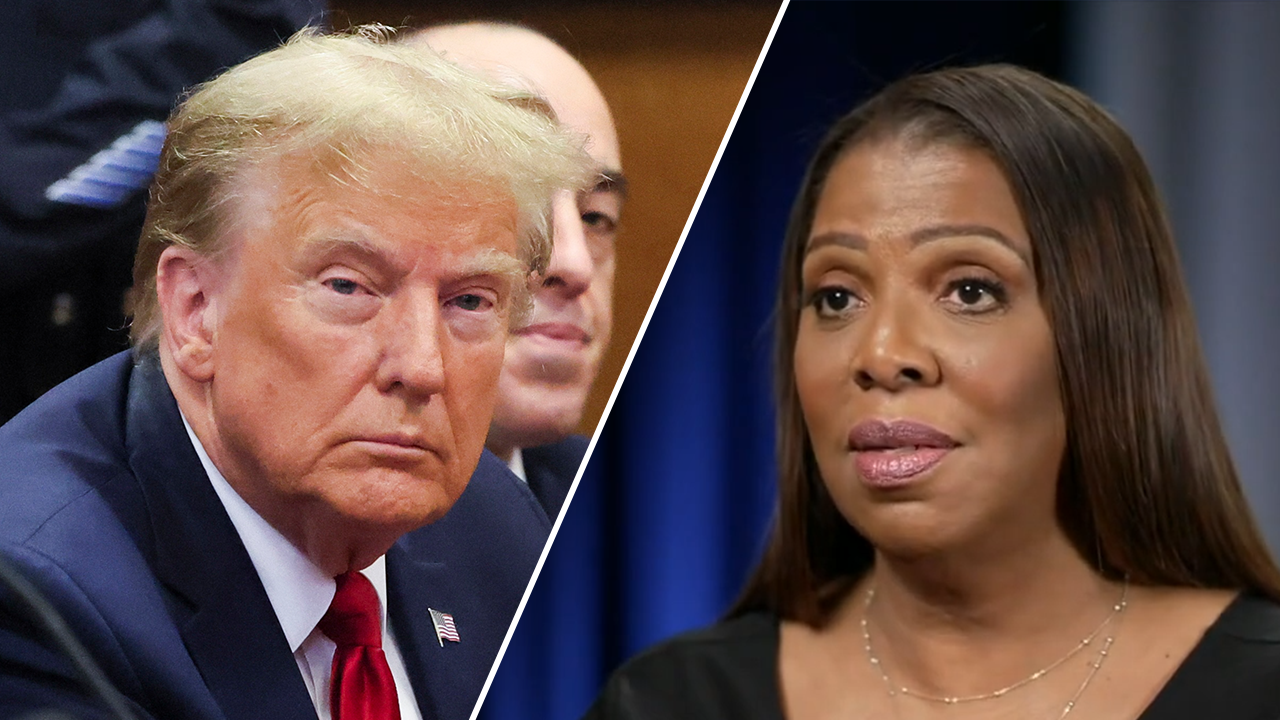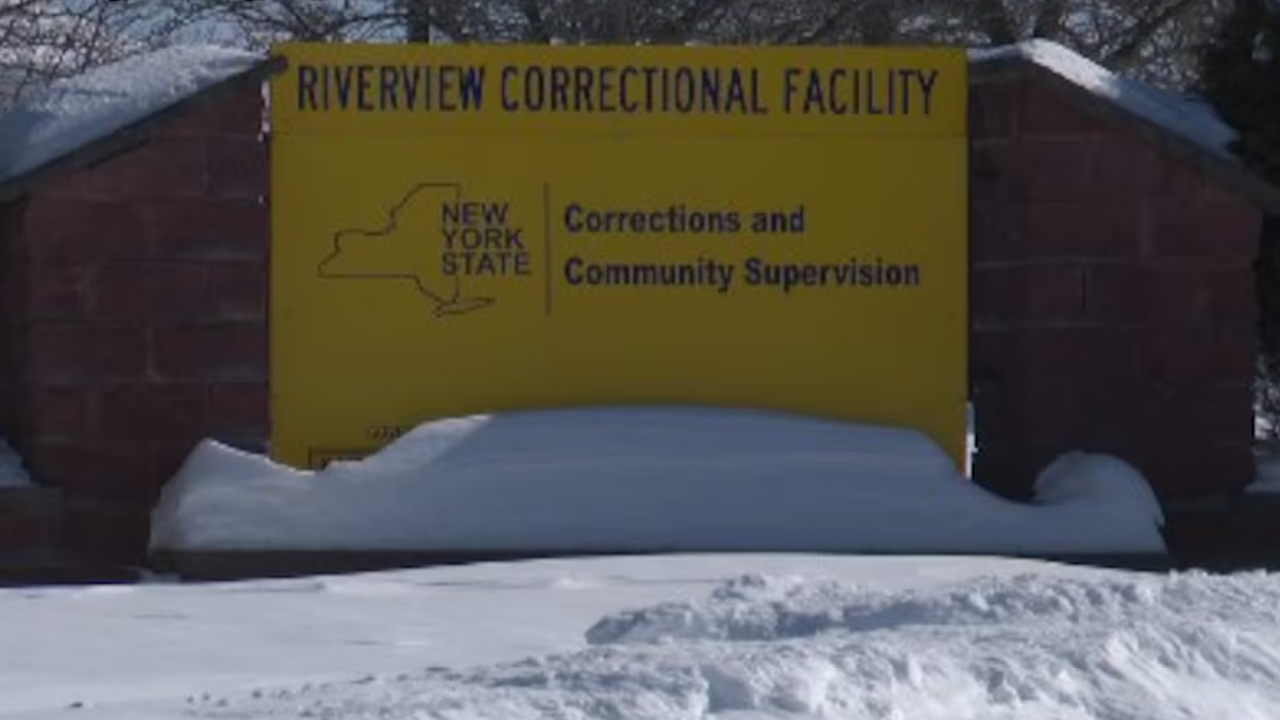Trump Calls for Dismissal of Letitia James’ Civil Fraud Case for the Nation’s Unity
Trump has fervently requested that New York Attorney General Letitia James drop the civil fraud case against him, framing it as a matter of national unity. This plea reflects a greater longing for a cohesive America where divisive legal battles might be set aside for the collective good. At its heart, this situation invites deeper contemplation of how political discourse often intertwines with the legal system, creating a landscape where personal grievances turn into public spectacles.
A Glimpse into an Ongoing Legal Battle
Recently, Trump was ordered to pay a staggering $454 million following a civil fraud ruling in James’ lawsuit. The former president has since appealed, and a sense of optimism appeared within the New York appeals court, which seemed willing to consider a potential reversal of the judgment. This ongoing saga raises fundamental questions about justice and the implications of legal decisions on the political climate.
In his defense, Trump’s counsel John Sauer emphasized Trump’s “historic election victory,” suggesting that this triumph signifies something beyond the courtroom. It reflects the voice of the electorate, who feel that political and legal arenas have become entangled in a quest for division rather than resolution. Sauer’s words resonate deeply, invoking a desire for the nation to heal and unify amidst escalating partisan tensions.
Unity Amidst Partisan Division
Sauer, a nominated solicitor general in the anticipated second Trump administration, indicated that the trials against Trump have become a “flashpoint of national partisan division.” This observation compels both supporters and dissenters to reflect on the broader implications of their stances. The law and politics seem to dance together, each influencing the other in ways that can magnify conflict rather than foster understanding.
“As counsel for President Trump in this appeal, I have directly witnessed this partisan division,” Sauer stated. His personal experience lends weight to his argument that healing is essential for the Republic’s wellbeing. It is a call to the nation to evaluate whether ongoing legal battles serve a purpose beyond punishment. Can this court case be a chance for reconciliation rather than continued conflict?
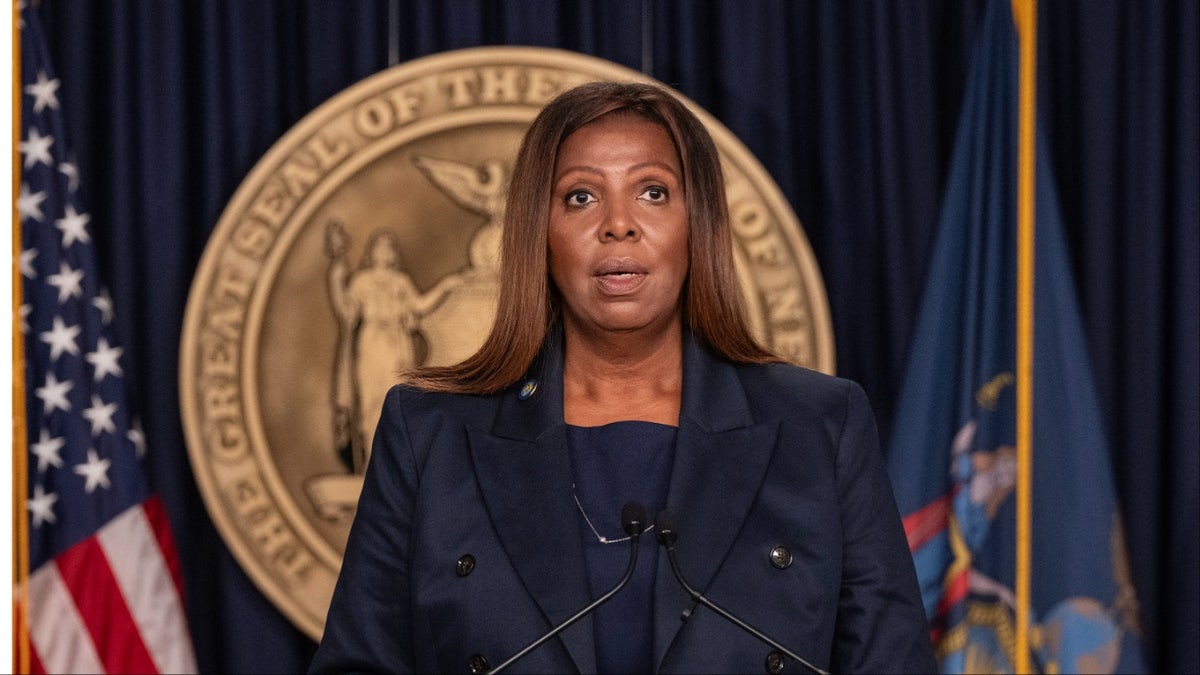
Within the comprehensive landscape of this legal struggle, Sauer highlighted the lack of victims or tangible losses attributed to Trump’s alleged misconduct. He underscored that every transaction was carried out properly, asserting that Trump’s business practices provided significant benefits to his partners. Such claims reflect on the fundamental nature of fairness and accountability, themes that resonate deeply within the fabric of American society.
The Ripple Effects on Local Businesses
Sauer’s argument points to an unsettling reality: the repercussions of this case extend far beyond Trump himself. He warned of a chilling effect on businesses in New York, where companies may find themselves fleeing to friendlier locales due to perceived standardless enforcement. New York, once a hub of innovation and entrepreneurship, risks losing its vibrancy if fear supplants confidence among local business owners.
Trump’s accomplishments in New York, including the transformation of landmarks like the Wollman Rink and the Jacob Javits Center, serve as reminders of his substantial contributions to the state’s economic landscape. This lawsuit, he argues, serves no greater purpose for public good—an assertion that invites reflection on the intentions behind such legal actions.
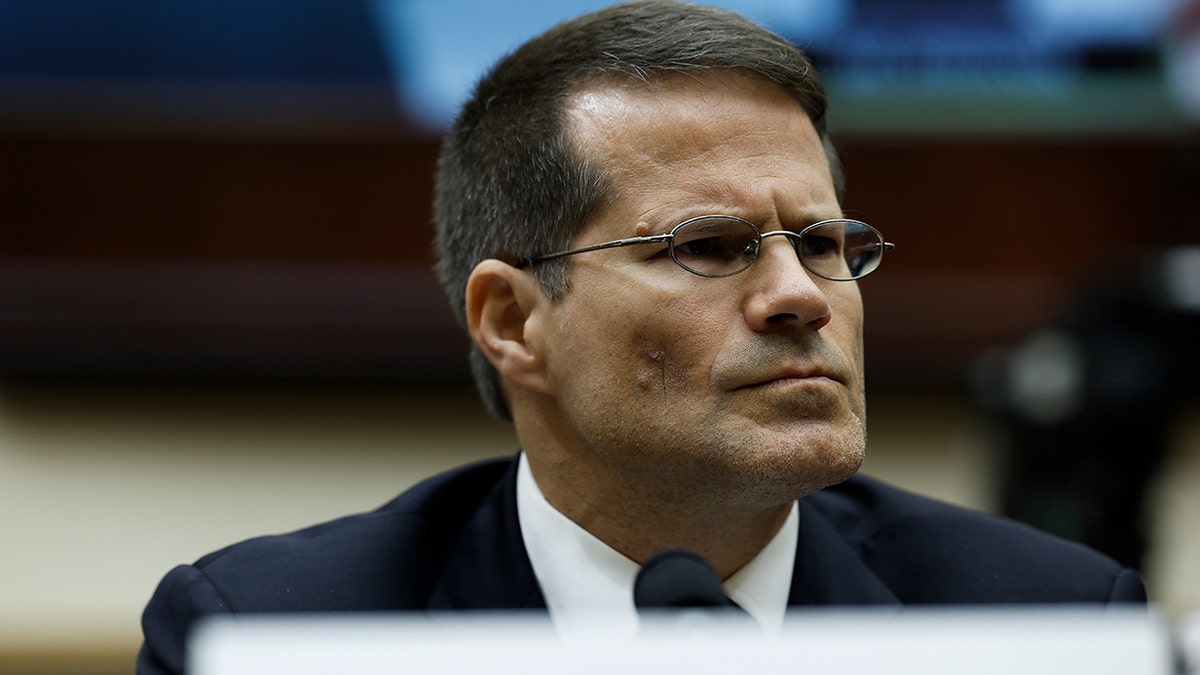
As Trump anticipates his approaching inauguration as the 47th president, he invokes the spirit of past leaders, like President Lincoln, who once called for unity in times of strife. Sauer’s letter echoes Lincoln’s emotions, reminding Americans of the necessity of healing wounds through collective effort and understanding, rather than exacerbating divisions.
Facing Off Against Judicial Decisions
Yet, this turbulent landscape of legal conflicts also highlights the systemic challenges faced by Trump. Judge Arthur Engoron’s ruling earlier this year deemed Trump and his associates guilty of persistent fraud, based on accusations of manipulating asset values. With the judgment resulting in a financial penalty that escalates at alarming rates, the pressure mounts as Trump’s team attempts to navigate this complex judicial terrain. This intersection of law and politics poses an unsettling dilemma for the future of political engagement in America.
Trump remains steadfast in his commitment to contest the ruling, expressing his willingness to take the fight to the Supreme Court. His legal team argues fervently that Trump’s statements were not materially misstated, emphasizing a landscape of accountability defined by due diligence and transparency.
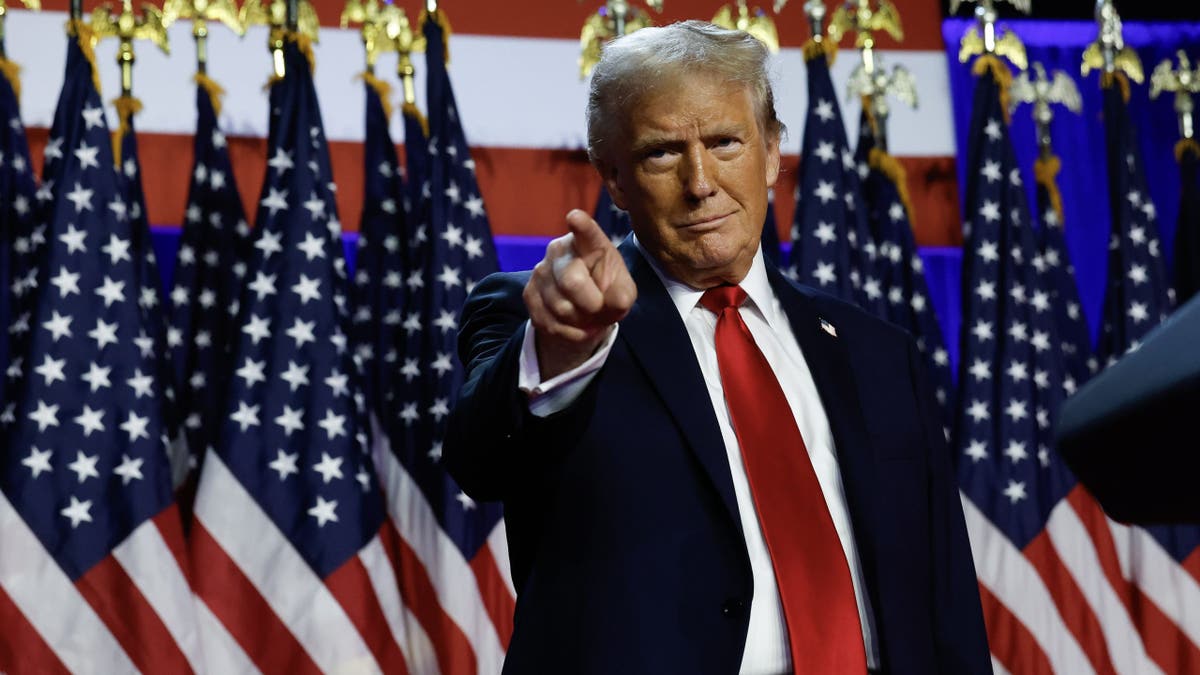
As this legal drama unfolds, the Americans, both supporters and critics, watch intently. One can only hope that, amidst the chaos, dialogues will emerge that prioritize unity, healing, and a renewed commitment to the collective good—transforming these turbulent times into opportunities for growth and reconciliation.


